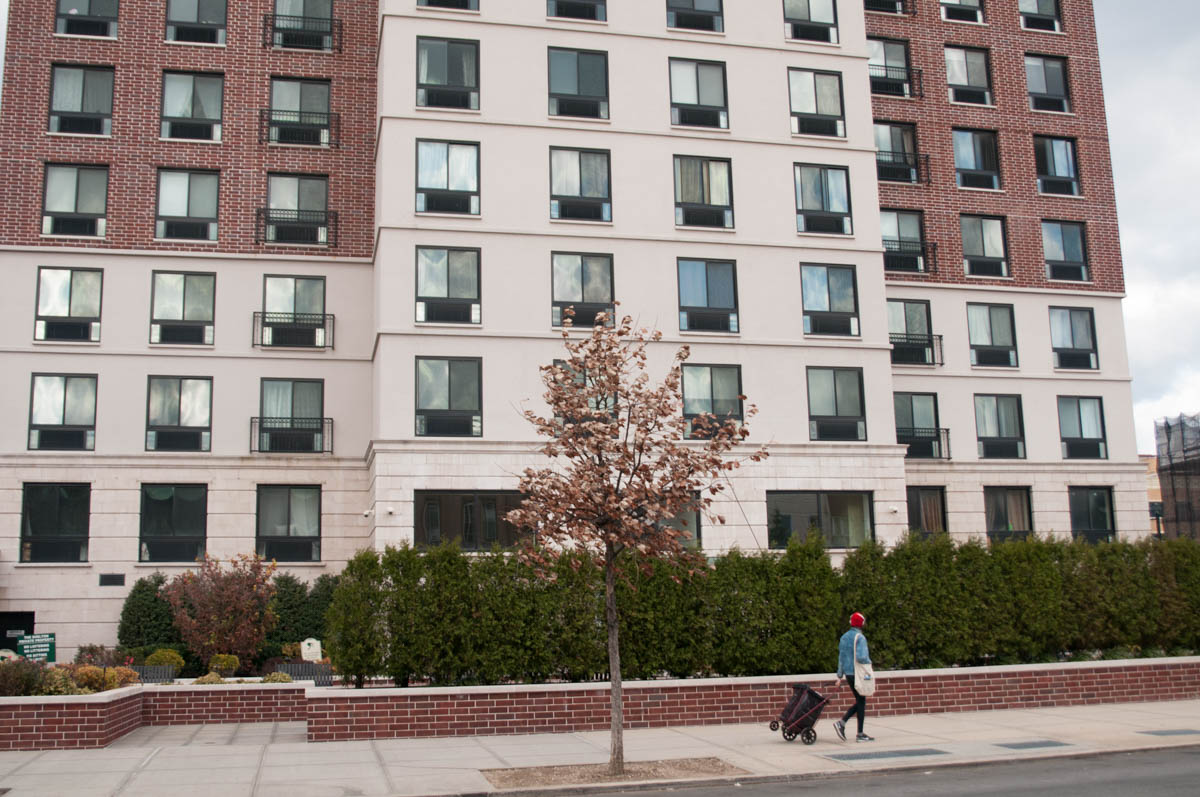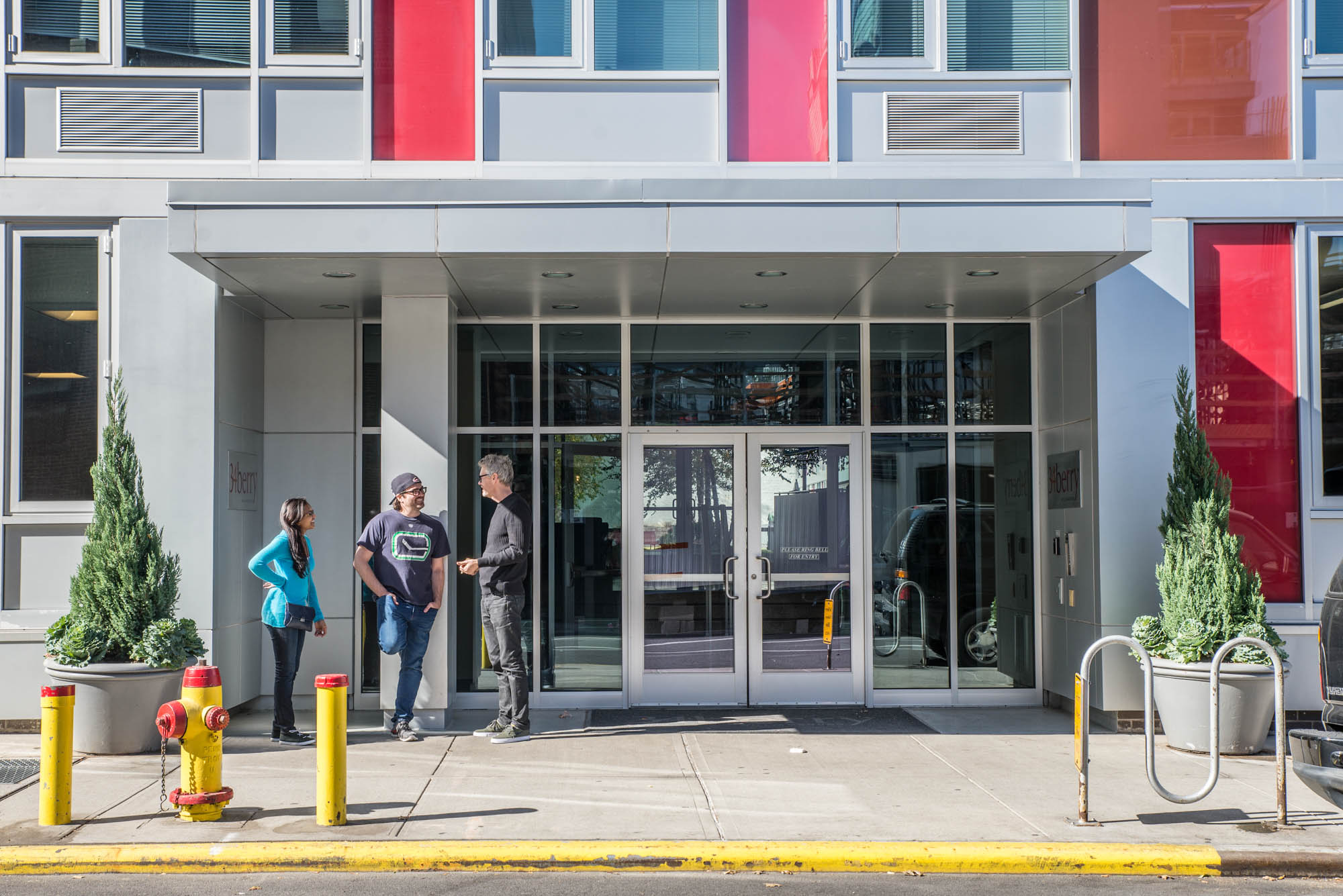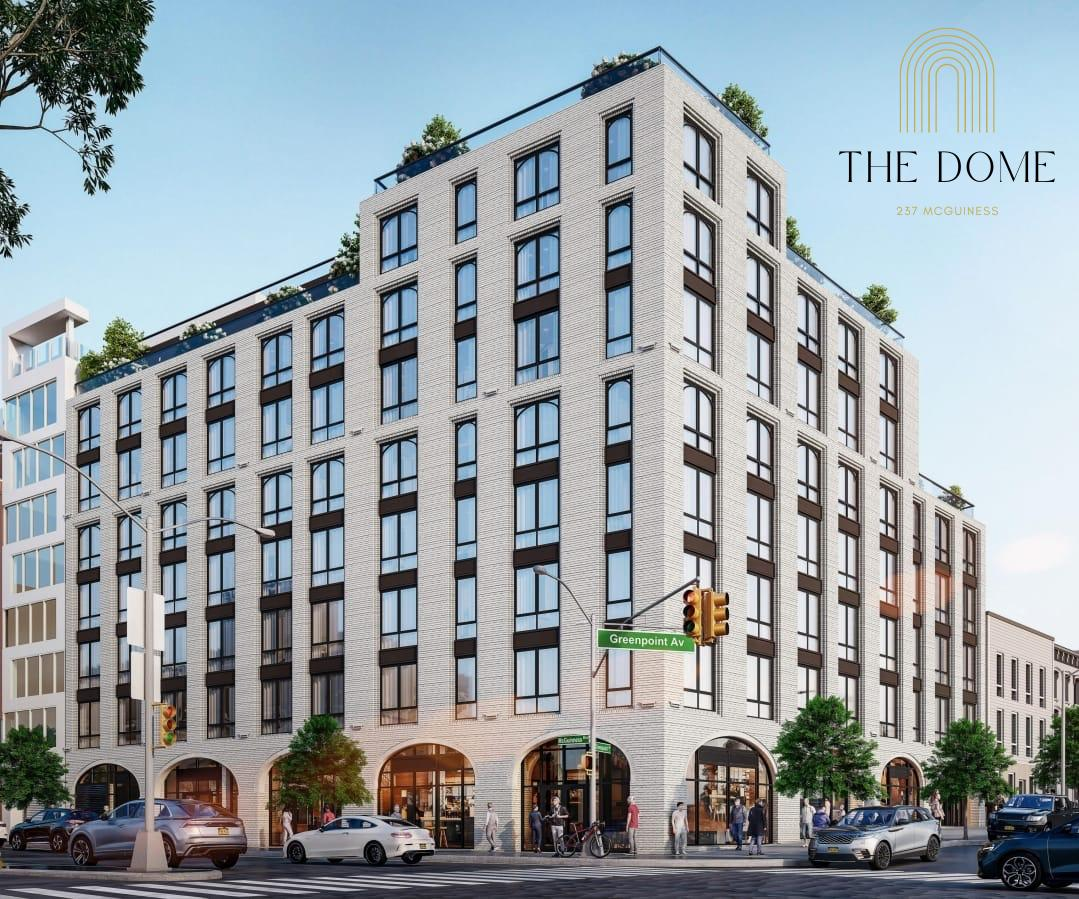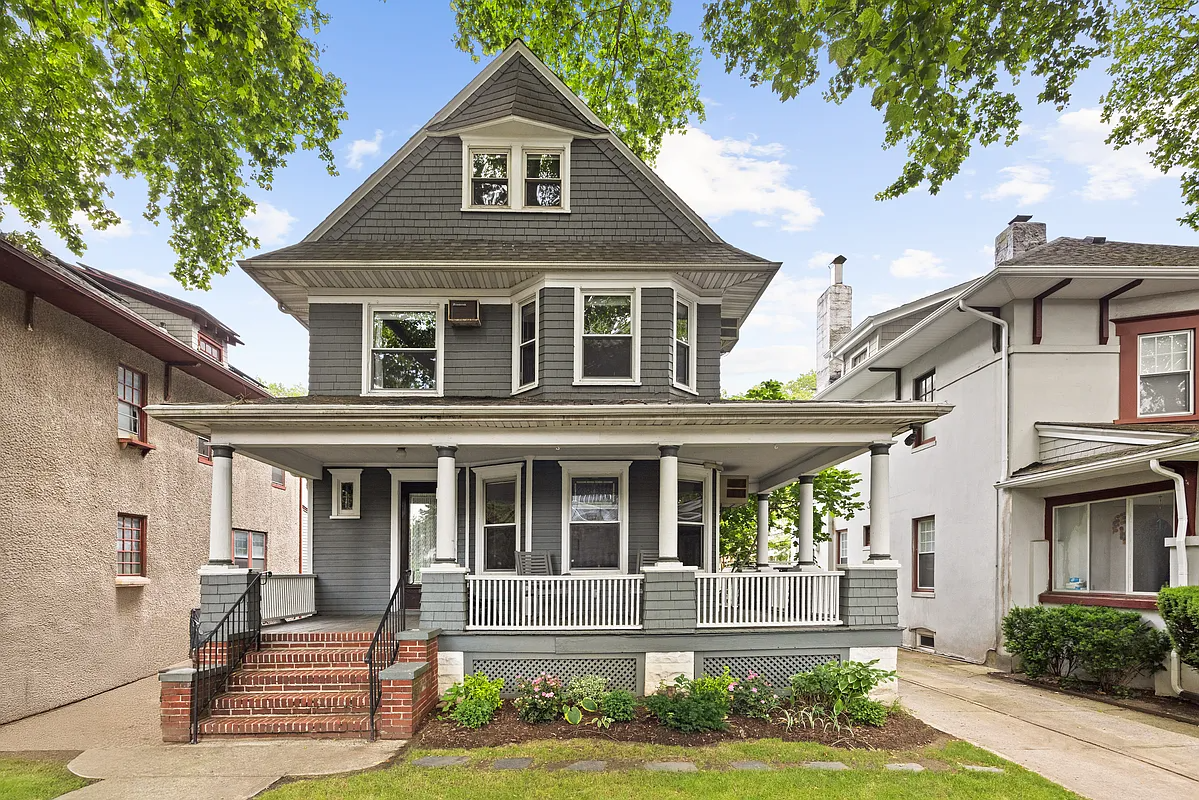How to Navigate NYC’s Co-op and Condo Tax Abatement Program and Get Some Money Back
If you pay taxes on a condo or co-op in this city, you may feel like you’re getting screwed. NYC has a bafflingly complicated property tax structure that’s inherently unfair to co-op and condo owners. And the city knows it. Which is why they created the co-op and condo tax abatement. Taking advantage of this break…


If you pay taxes on a condo or co-op in this city, you may feel like you’re getting screwed. NYC has a bafflingly complicated property tax structure that’s inherently unfair to co-op and condo owners. And the city knows it.
Which is why they created the co-op and condo tax abatement. Taking advantage of this break can shave hundreds to thousands of dollars a year off of a condo owner or co-op shareholder’s tax bills. Here’s how.
Why do condos and co-ops need an abatement?
Basically, condos and co-ops owe more in taxes per unit of housing than one-, two- and three-family homes. It’s because their value is assessed as if they were rental buildings making a profit, rather than apartments occupied full time by their owners.
For example, in the 2016/17 fiscal year, according to the NYC Department of Finance’s Tentative Assessment Roll report (PDF), taxes will, on average, be $5,138 for a single-family home, $5,315 for a two-family and $6,062 for a three-family. Average taxes for a condo unit in a building with more than 10 apartments? A whopping $9,302 per apartment. For a co-op in a similarly sized building, the average will be $6,837 per unit.
This means that the owner of a two-family home — with one unit that is rented out for a profit — could be paying about $2,650 a year in taxes per unit of housing, while a co-op shareholder who lives full-time in their unit and makes zero profit, pays about $6,800 a year — more than two and a half times as much as the homeowner whose home may have a higher market value than the co-op unit.

How did this tax disparity happen in the first place?
The system’s been broken for decades.
In 1981, New York buildings were divided into four tax classes, with co-ops and condos grouped with other multifamily homes — mostly rentals. This move was initially meant to be beneficial to co-op shareholders, but after about 15 years, they realized they were paying much more in taxes than their house-owning counterparts.
So in 1996, the city created the co-op and condo abatement as a stop-gap until they could completely overhaul the tax system.
“We had language in the original legislation and every renewal saying that by the time this sunsets, the city will have in place a permanent policy that treats co-ops and condos exactly the same as houses,” says Jim Rheingrover, a longtime shareholder in a Brooklyn Heights co-op who worked in the Department of Finance when the abatement program was created. Rheingrover also sits on the board of the Council of New York Cooperatives and Condominiums (CNYC), where he is the chair of its Action Committee for Reasonable Real Estate Taxes.
Unfortunately, that permanent policy never happened. “There doesn’t seem to be a lot of interest being focused on property tax reform right now,” says Rheingrover. So the co-op and condo tax abatement has been extended every two to four years since its inception, most recently in 2015 for another four years.
How does the abatement work?
For each eligible unit of housing, the city takes a certain percentage of that unit’s tax requirements off the building’s tax bill for co-ops, or individual owners’ bills for condos. The precise number ranges from 17.5 to 28.1 percent, depending on the assessed value of the building.
For co-ops, at the end of the calendar year the building receives a breakdown of how much was deducted for each unit, and the co-op’s board or managing agent credits that amount to each eligible owner or shareholder.
But this can present another headache for co-ops that have to deal with taxes as a building rather than as individual units, with some shareholders receiving the abatement and others not.

Who qualifies for the abatement?
Generally, any condo owner or co-op shareholder who uses their unit as their primary residence is eligible to receive the abatement. The primary residence stipulation was implemented in 2012. There are a few exceptions, including sponsor units and anyone who owns four or more units in a building — regardless of whether one of them is used as the owner’s primary residence. The full list of requirements can be found on the Department of Finance’s website.
How do I apply for it?
First, check your tax bill to see if you are already receiving the abatement (this is available publicly on the NYC Department of Finance website). In the section titled “How We Calculated Your Property Tax” there’s a line that says “Tax Before Abatements.” Under that line, it will list how many units in the building are already receiving the abatement. To find out if your unit is one of them, contact your managing agent or co-op board.
If you’re not currently receiving the abatement and your building needs to apply for the first time, you must fill out the Cooperative and Condominium Property Tax Abatement 2016/17 application, available on the Department of Finance’s website.
Buildings do not need to reapply for the abatement each year, though the co-op or condo’s managing agent — or the board, if it’s a self-managed building — does need to submit owner or shareholder updates if any unit has changed hands in the previous year. So if you recently purchased your condo or bought into a co-op, make sure your managing agent or co-op board is on top of sending the update form.
Here are the co-op and condo abatement deadlines for the 2016/17 fiscal year.
The form to note changes in ownership or eligibility for the abatement — the 2015/16 Cooperative Benefit Change Form — must be submitted by the co-op board or managing agent by February 29. For buildings applying for the abatement for the first time, the 2016/17 application is due March 2.
Unit owners applying for this and other tax benefits must complete the 2016/17 Homeowner Tax Benefits Application by March 15 for benefits to begin July 1.
All of these applications can be found on the NYC Department of Finance’s website.
Related Stories
Here’s What You Should Know About 421-a and Its Incredible Impact on Development in NYC
Tax Breaks Likely to be Extended for Most Condo and Co-op Owners in City
Top 5 Tips for First-Time Homebuyers From People in the Biz
Email tips@brownstoner.com with further comments, questions or tips. Follow Brownstoner on Twitter and Instagram, and like us on Facebook.
[sc:daily-email-signup ]




The Real Estate Tax Assessment Department is a nightmare by just about everyone’s reckoning that ever sticks their big toe into it, and each City Council is too chicken to deal with it.
But all that said, the City has really only screwed it up even more by this “temporary” fix of the tax abatement for Co-Ops & Condos.
Rental Buildings of ten units or more are actually taxed the highest of any tax class and if run strictly by the books are never allowed to make a profit, for the following reasoning; if the landlord wants to challenge the assessment for their building, they have to submit an income & expense statement, many expenses for things like capital improvements, replacements etc. are not even considered an expense, nor is interest on mortgages …. The bottom line of the challenge will get you a tax bill of on average one third of the gross rent roll!
Most of these landlords are small landlords of Rent Stabilized & Rent Controlled buildings that are now in sever need of huge amounts of Capital Improvements after more than 50 years of Rent Stabilization of buildings that were already many decades old.
As more of the Condo (mostly 421A) & Co-Op (mostly J51) tax abatements for the building & rehab of the these units expire this is just an assessment time bomb waiting to happen and to keep putting a band aid on bits of it is just foolish politics.
The only reason that there is this “co-op and condo tax abatement” is due to the fact that there are more Co-Op & Condo owner voters than small landlord voters. Which is causing these small neighborhood landlords to sell out to corporate landlords and we have all seen in our neighborhoods what that has caused… class war fare.
Short sited, narrow vision politics never works.
i signed our building up for this a few years ago, and one of the apartments just stopped receiving it. the last statement we got listed their unit as “ineligible – not primary residence” or something, although they had previously received it and there weren’t any status changes that should have caused this. I submitted to form for them again and marked it as their primary residence, but then the subsequent statement i just got had the same thing.
311 was not very helpful when I contacted them previously. any advice?
I had an extremely frustrating ordeal with 311 too — all they could give me an email address, it took ages to hear back from said email address, etc. — but the finance dept. updated its communication system (http://www1.nyc.gov/site/finance/about/contact-by-email/contact-coop-and-condo-abatement-inquiries.page) and contacting via the form on that page finally worked, and with quicker response than I’d been getting. That said, it still took some back and forth to get everything settled (the form said we are not eligible for the same reason, even though it is our only residence) and they assured us they’ll fix it. Best of luck!